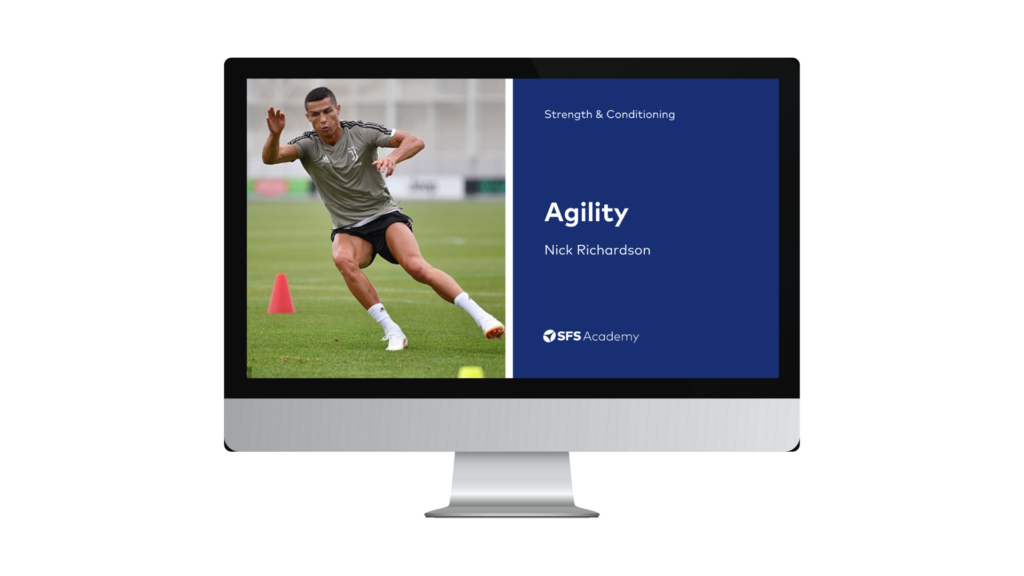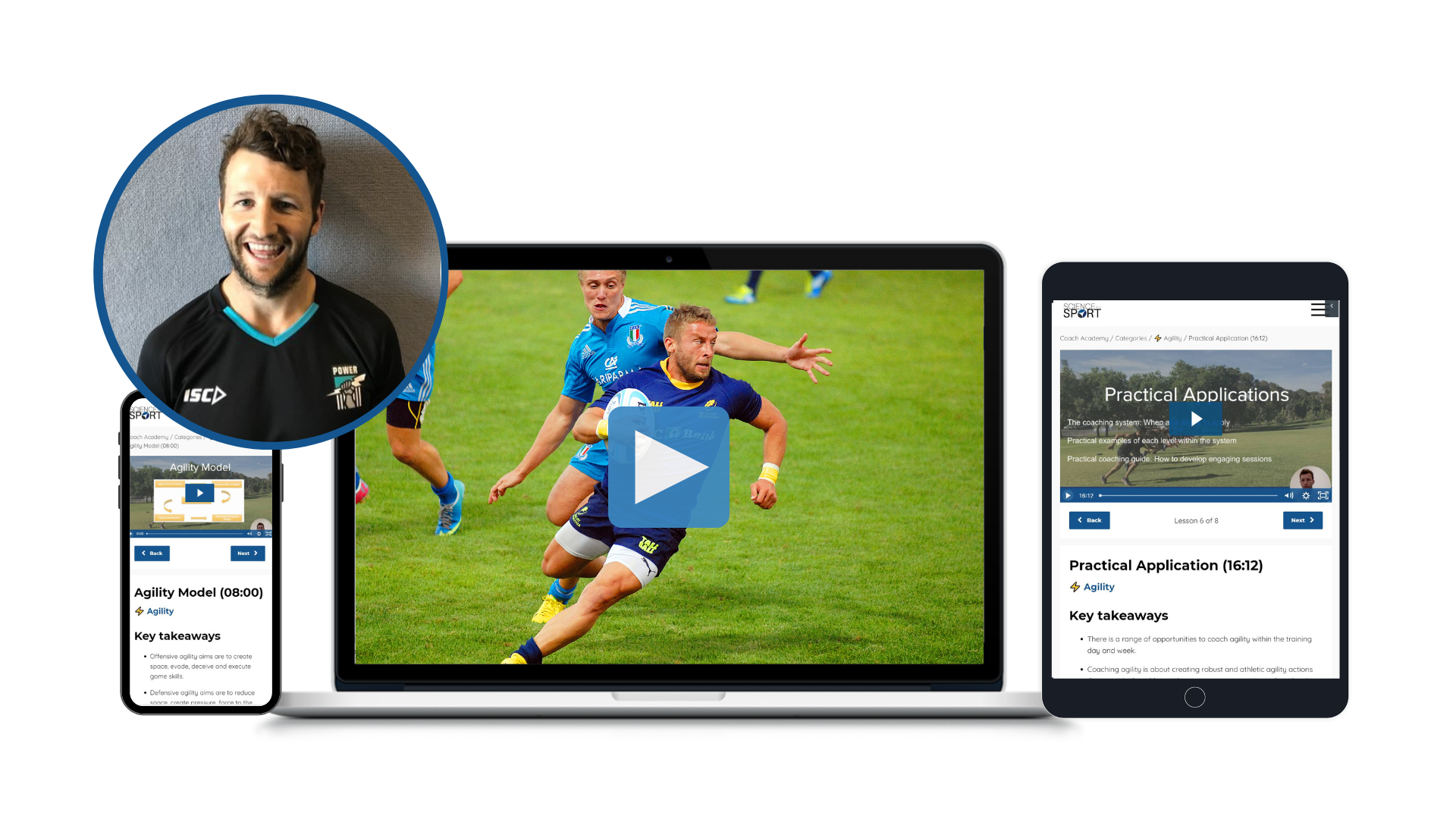This week in the world of sports science, here’s what happened…
- Is the CMJ test becoming overcomplicated?
- Lifting weights after a football game?
- Youth strength training improves academic performance!
Is the CMJ test becoming overcomplicated?
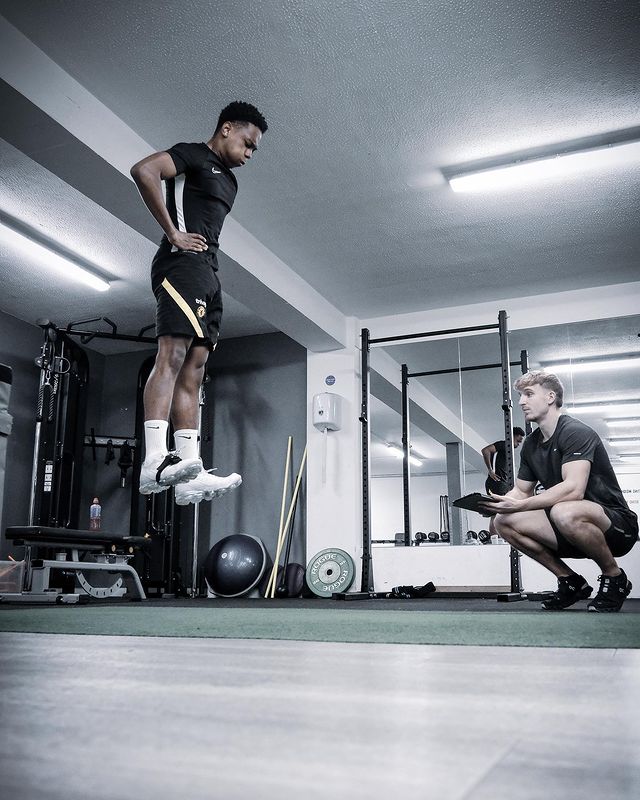
The countermovement jump (CMJ) test is a widely used assessment for measuring lower-body power. Technological advances, particularly in force plates, have provided coaches and practitioners with a wealth of performance metrics derived from this test.
However, Associate Professor Lachlan James recently raised an interesting question on LinkedIn (here) regarding the necessity of all these metrics. He argues that coaches and practitioners should concentrate on just three to four key CMJ metrics, as an overload of additional data may dilute their focus rather than enhance decision-making.
Taking James’s advice into account, it’s wise to select three to four essential CMJ metrics to monitor and evaluate closely. This focused approach can help prevent distractions from less critical data and ensure attention remains on more significant factors.
Which three or four CMJ metrics do you consider most important? We would love to hear your thoughts!
If you would like to learn more about the CMJ test, our blog, Countermovement Jump (CMJ), is definitely worth a read!
Lifting weights after a football game?

Recently, Fulham F.C. player Adama Traoré stirred up quite a bit of discussion online when he was spotted pitchside lifting weights instead of heading straight to the dressing room after a recent game. This unexpected move raised many eyebrows, but S&C coach Praveen Budhrani took to LinkedIn to shed some light on the rationale behind it.
Budhrani discussed the rising trend of micro-dosing in football. Rather than sticking to traditional long-style gym sessions, teams are now incorporating brief strength training sessions lasting around 10 to 20 minutes, particularly during busy periods of fixture congestion.
In his post, Budhrani referenced a recent study on micro-dosing in football, highlighting key findings that showed just two to three short sessions per week can effectively sustain power and strength levels. Additionally, regular injury prevention micro-doses help reduce the risk of injuries without overloading players. It’s essential to integrate micro-dosing into regular football training, rather than treating it as a separate routine, for improved time efficiency. This explains why Traoré chose to utilise his post-match time to micro-dose!
If you’re interested in diving deeper into this topic, be sure to check out Budhrani’s LinkedIn post and the study he references.
Youth strength training improves academic performance!
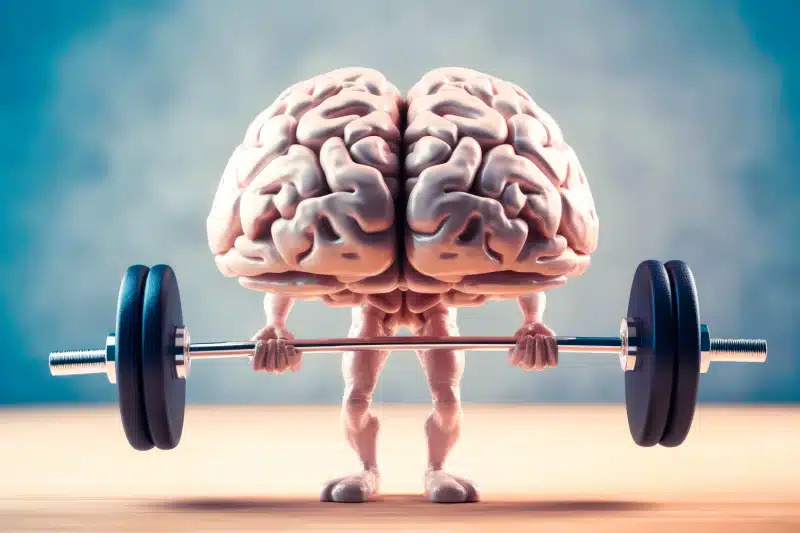
Parents often find themselves in a difficult balancing act, trying to juggle their children’s sports and physical activities with academia. However, a recent study suggests that reducing strength training for children and adolescents in favour of prioritising academic performance may not be the best approach!
The research examined an impressive 67,281 children and adolescent students in China while analysing their performance in three subjects: Chinese, English, and mathematics. The findings revealed that participating in just one day of strength training each week led to an improvement in academic performance across all three subjects by 9% to 11%. Remarkably, increased engagement in strength training correlated with even better results. For instance, those who trained four days a week saw a 39% boost in their mathematics grades and a 31% increase in their English grades.
This study underscores the significant benefits of physical activity and strength training for children and adolescents. Rather than hindering academic success, these activities can enhance academic performance!
If you would like to learn more about this topic, we have some excellent resources available:
- Youth athletes: How teachers, coaches and students can best work together
- Sporting parents: How to best support your children’s long-term athletic development
- Physical literacy
From us this week:
>> New course: Team Dynamics & Cohesion
>> New podcast: Club Plans & Personal Coaches: Adding An Edge?
>> New infographic: Velocity-Based Training: Issues With Devices
>> New article: Hydrotherapy
Access to a growing library of sports science courses
SFS Academy is an all-access membership to premium sports science education.
With SFS Academy, you’ll learn from some of the best coaches around the world as they teach you how to apply the latest research and practice with your athletes.
